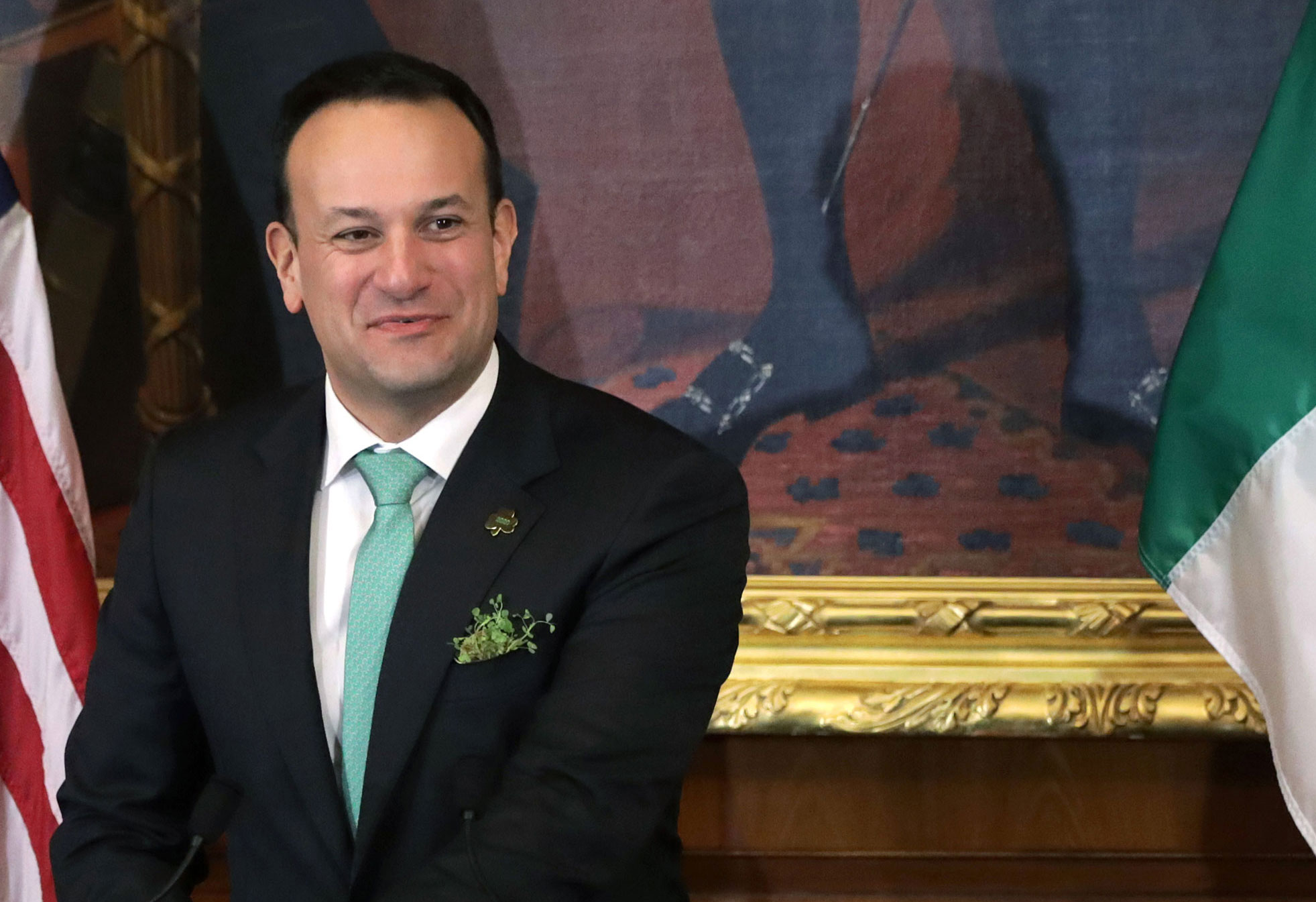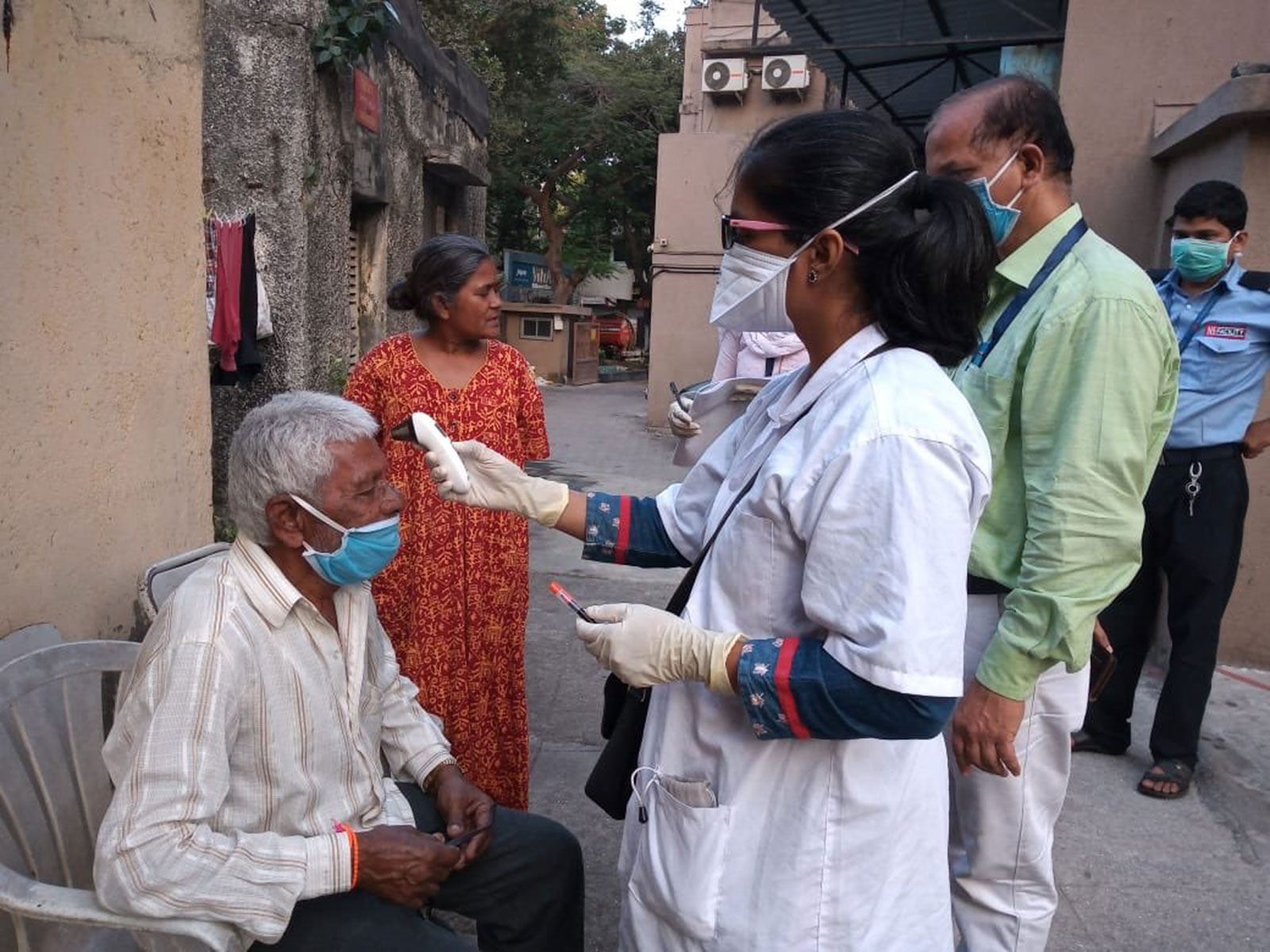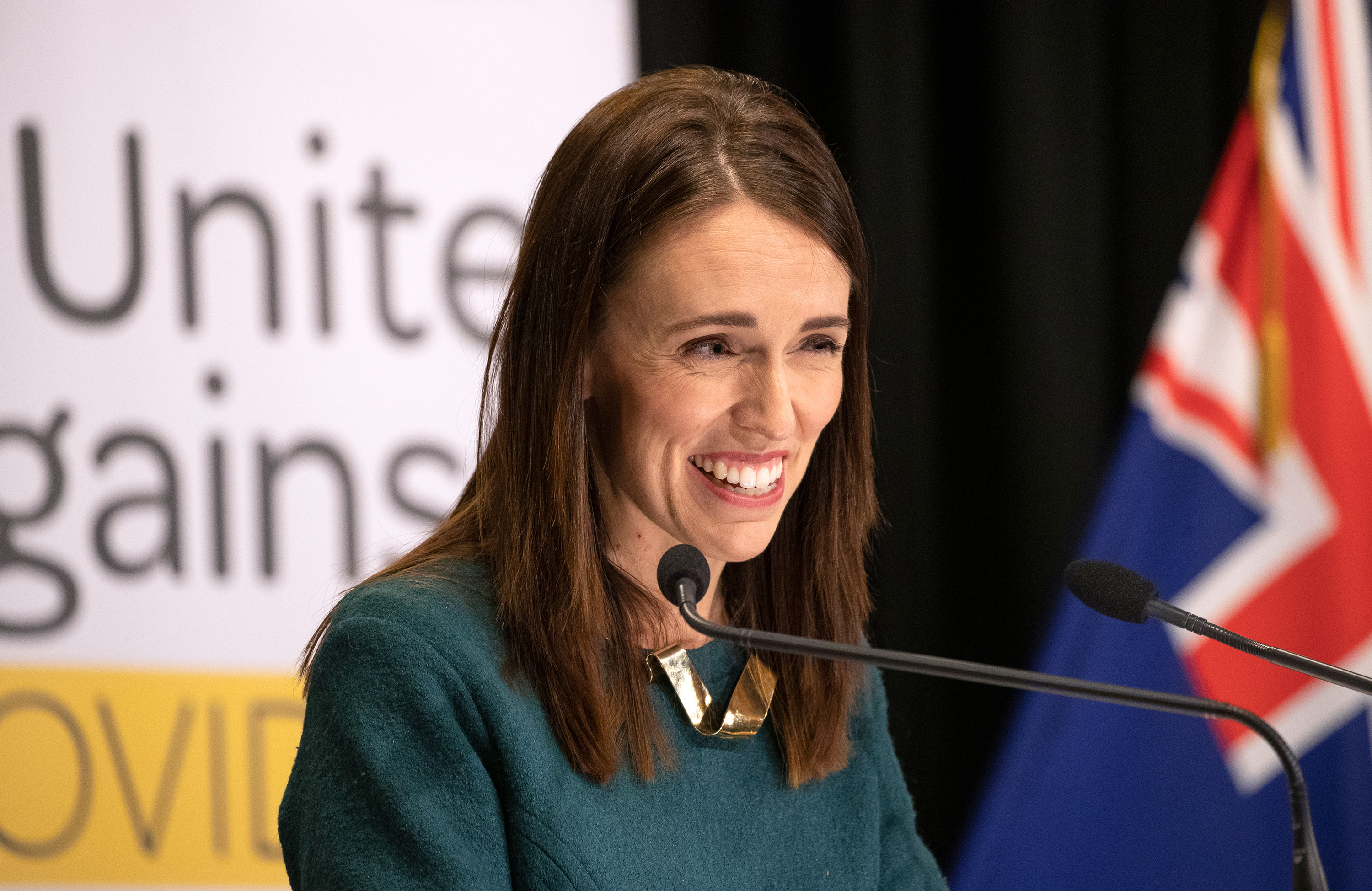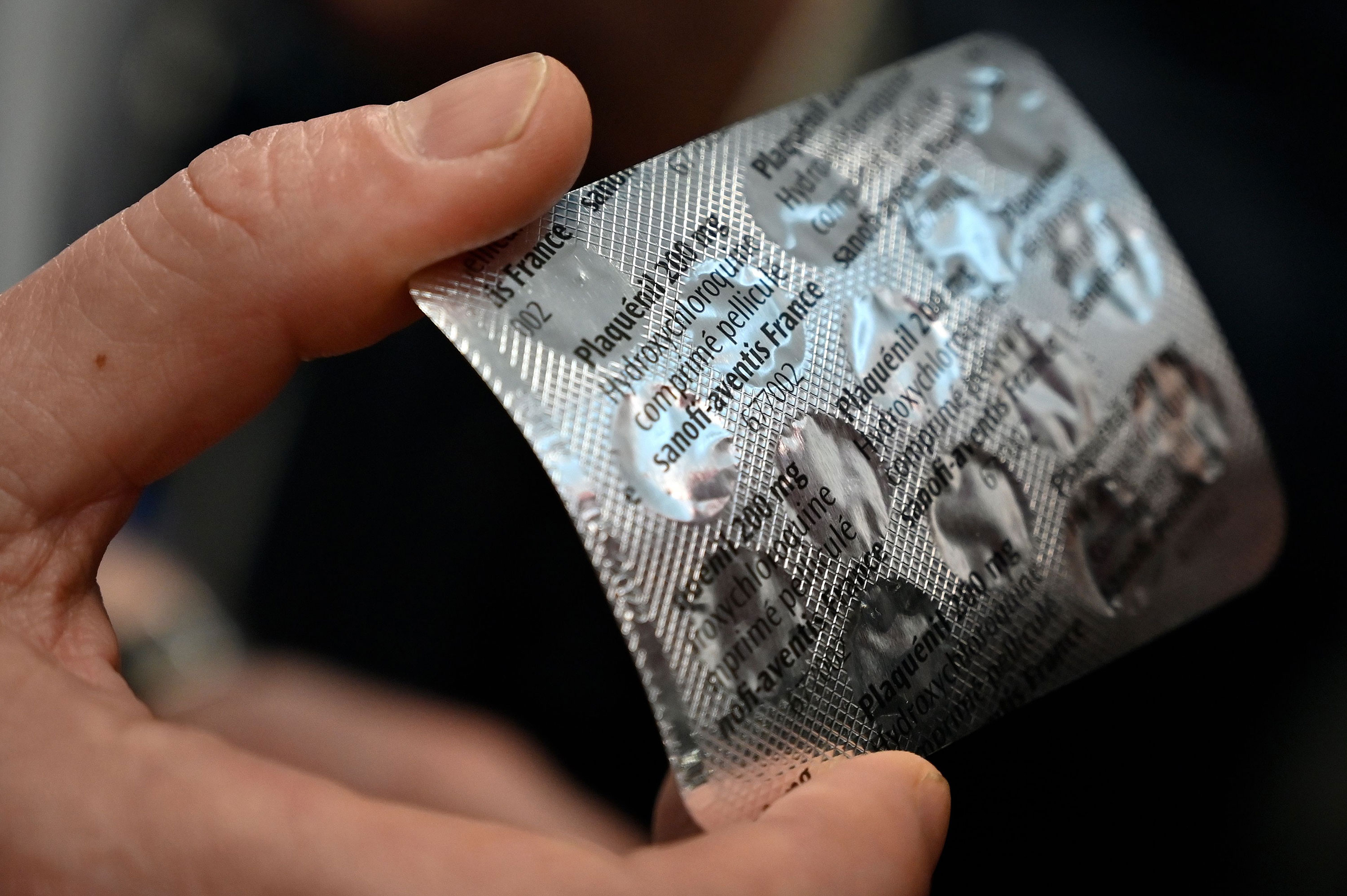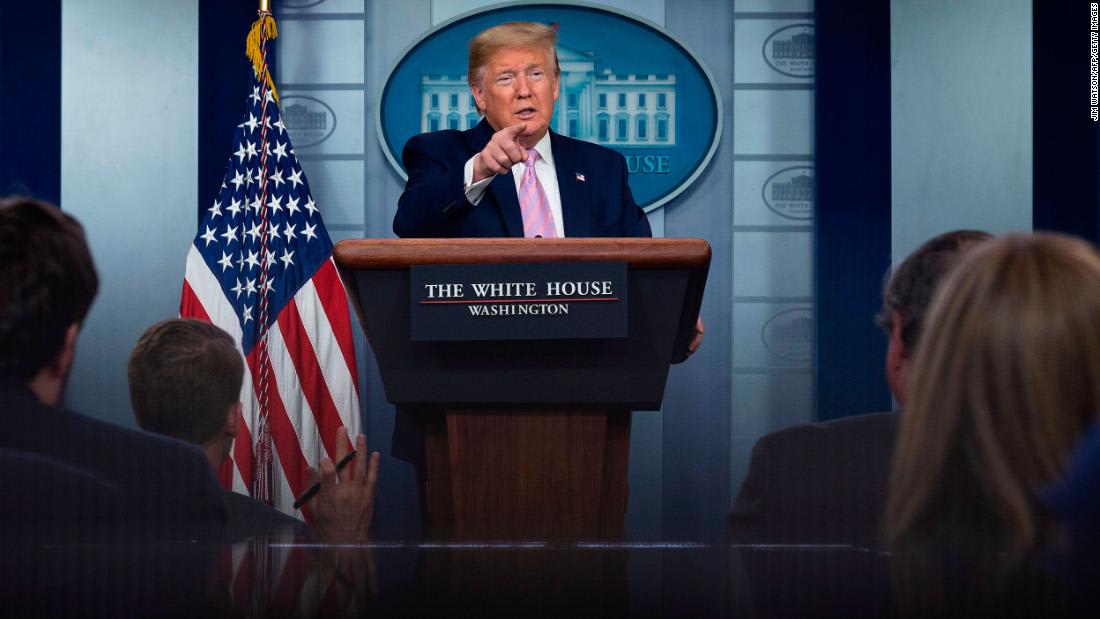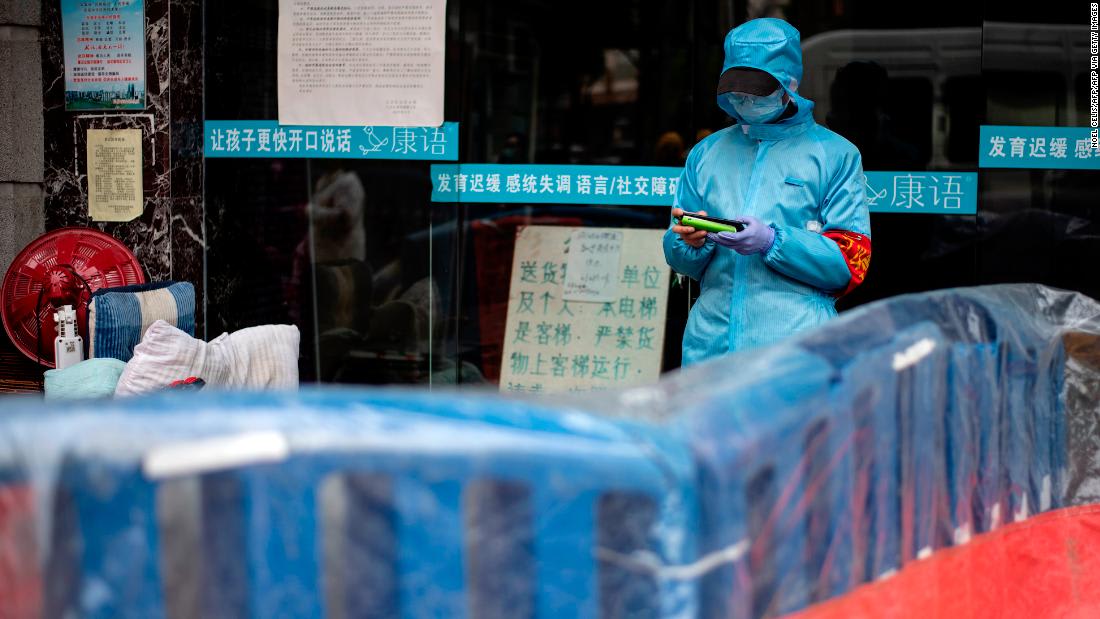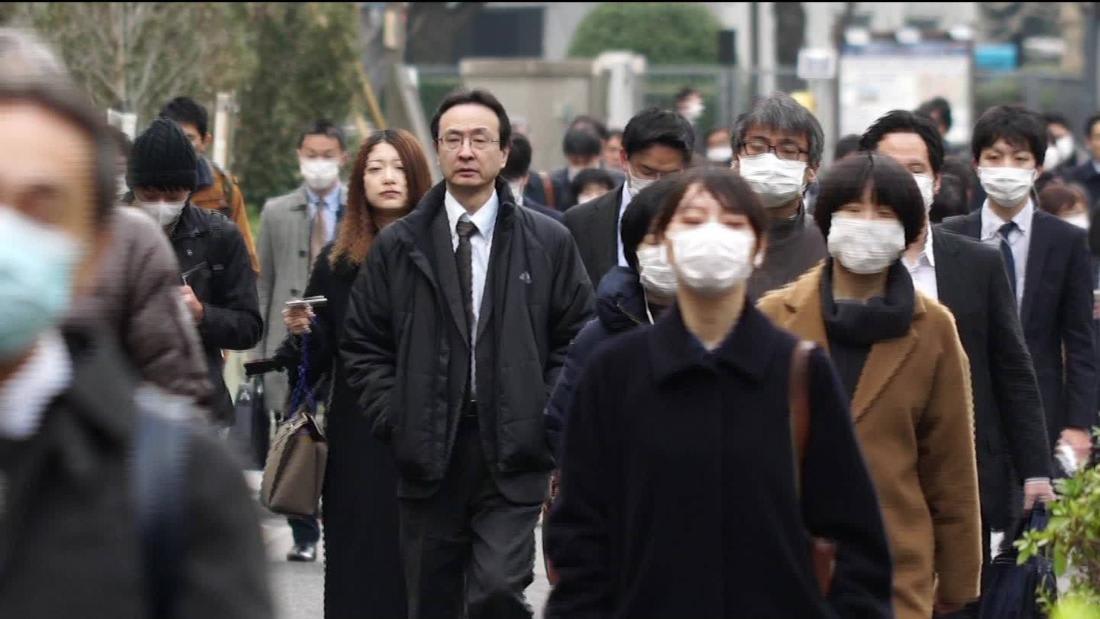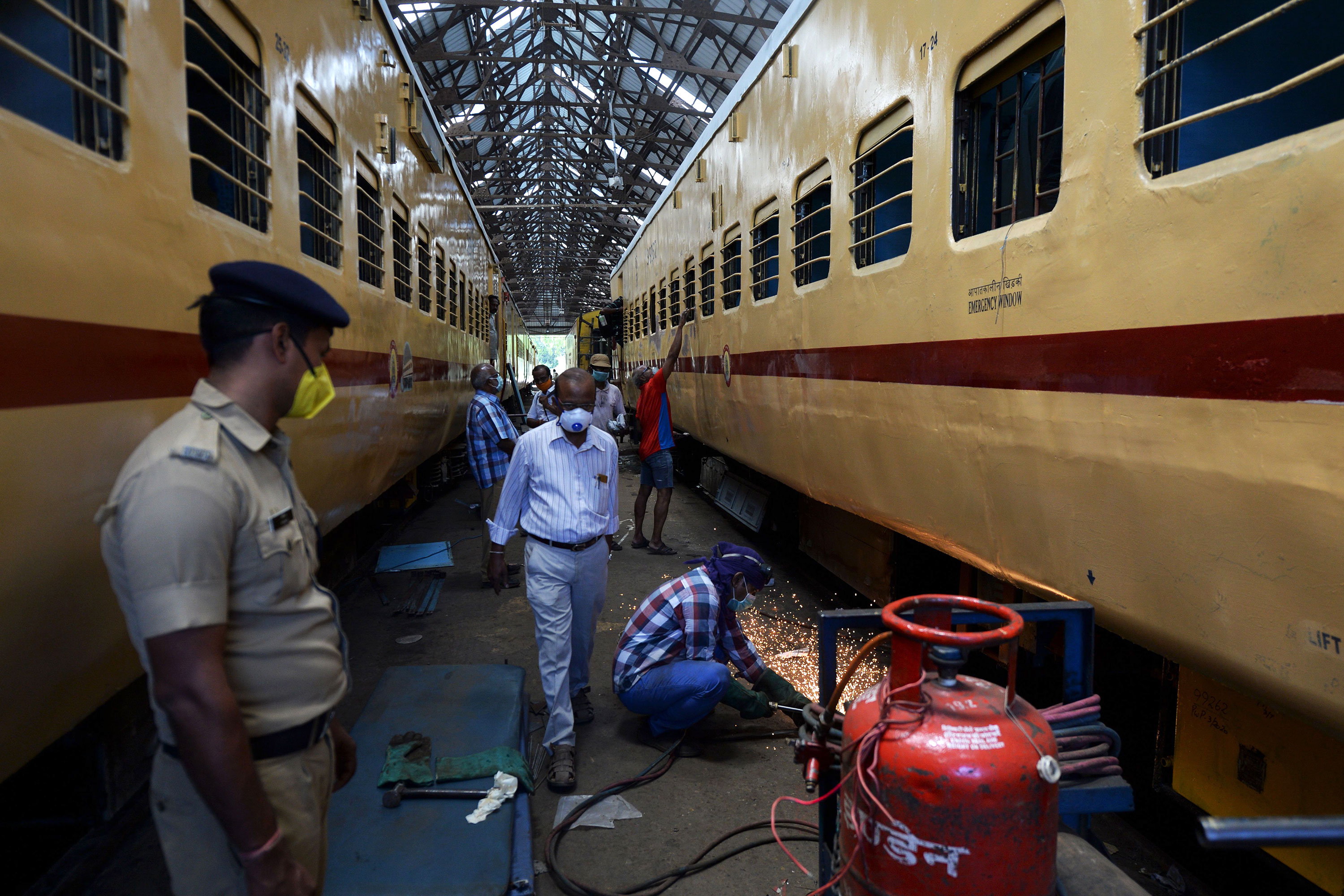In mid-March, when we strolled Shanghai’s usually bustling West Bund park by the river, it was nearly deserted.
The only people we saw were either the occasional local or expats walking their pets. You could sit on the grass and still keep a safe distance from your fellow visitors.
But on Saturday, during the three-day Qingming public holiday, every inch of the park was packed.
There was so little space on the grass that some groups were hovering, picnic blankets ready, to claim their space. With the lure of spring weather and a day off, crowds walked shoulder to shoulder, far closer than the recommended six feet (1.8 meters) of social distancing. Most people wore masks, but there were some who were daring enough to go barefaced.
Walking through the area, we saw local families sharing a meal, groups of kids playing basketball and dogs weaving in and out of the crowds of people, chasing each other.
On Nanjing Road, a popular shopping district which was deserted a month ago, customers flooded in and out of stores -- a happy sight for the Chinese government, which is desperate to get the country’s economy humming again.
But for me, the crowds brought mixed emotions. While it is nice to see people happy and celebrating that the worst of the outbreak may be behind them, part of me does worry just how safe it is.
Can the epidemic really be over already? Or are we witnessing the start of the next outbreak within the now-walled off country? How long can this freedom last?
David Culver is CNN's international correspondent, based in Beijing. He discusses concerns over Beijing's transparency about the virus here:
